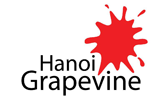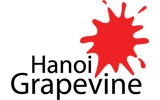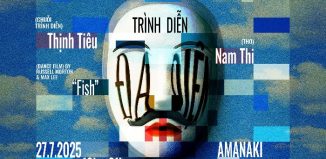Interview with Dominik Günther – Director of “The Caucasian Chalk Circle”

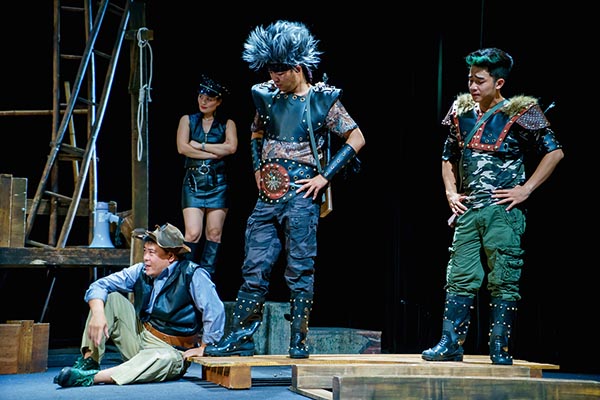
Theater Performance “The Caucasian Chalk Circle” is going to performed in this September. Below is the interview with Dominik Günther about “The Caucasian Chalk Circle”: “The piece is relevant to our time”.
Attention: Free Tickets available from September 10th, 10 am at the following venues:
• Goethe Institute, 56-58 Nguyen Thai Hoc, Hanoi
• Youth Theater Hanoi, 11 Ngo Thi Nham
Question: You are staging “The Caucasian Chalk Circle” by Bertolt Brecht in the Youth Theater in Hanoi. What is the theme of the play?
Dominik Günther: It deals with the egotism of human beings – and with unconditional love. How, especially in emergencies or crisis situations such as war, for example (or the current financial crisis in Europe), everyone is concerned first and foremost about themselves – but that there are people who break this pattern. In this piece, Brecht portrays the power of money in confrontation with humanity. He asks if there is such a thing as universal justice, and by what means true motherhood is expressed. This is illustrated concretely through the central figure of Grusche, a peasant maid, who cares selflessly for the child of a wealthy governor’s wife. She risks life and limb for the welfare of the child, while the wealthy woman is interested only in her material possessions.
Why do you think that this piece in particular has become so famous?
First of all, it was with this play that Brecht achieved his international breakthrough – and to this day it is still one of his most performed plays. I see the reason for this in the timeless universality of the story. The previously mentioned themes such as humanity and charity appear in every religion in the world. And even the central scene, the chalk circle test which gives the piece its name, can be found in a somewhat modified form in the Bible. Through Brecht’s figure of the shady judge Azdak the piece raises the question of whether judicial decisions must follow the letter of the law, or if gut feelings can also decide. This, too, is certainly still a controversial question today.
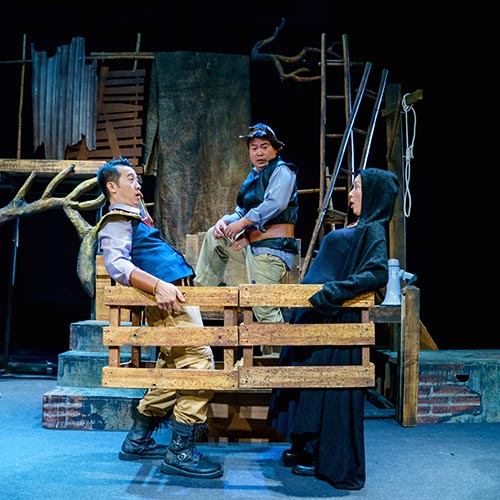
How will you make this play from the distant past interesting for today’s Vietnamese public, especially the young members of the audience?
Actually, the piece is not really all that distant. The question how love and humanity relate to each other in difficult times, when everyone thinks of nothing but oneself is always and in every culture relevant. This is why I have made no changes in the language or the setting in the fictitious state of Grusinien. However, I have transported other elements into the present. The costumes, for example, are modern. I have also recast the figure of the narrator: This character is a kind of a director who will lead the happenings with the help of electronic music and different sound effects. The secret behind this character I don’t want to reveal yet.
This is your first project in Vietnam. What are you excited about? What gives you stage fright?
I am excited about the fact that in Vietnam I can immerse myself in a culture that has until now been unfamiliar to me. I am excited about exchanging ideas and finding inspiration. I was in Hanoi briefly in March to meet the team. The openness and enthusiasm of the actors really impressed me very much.
The challenge will be to overcome language barriers – not only those of the real languages Vietnamese and German, but also those of the theatrical languages: on the one hand the straight and direct language of Brecht, and on the other the more pictorial and indirect Vietnamese theatre tradition.
And of course I am anxious to see if my concept works. If I can succeed in taking the actors, and finally together with them the audience, on a wonderful journey.
